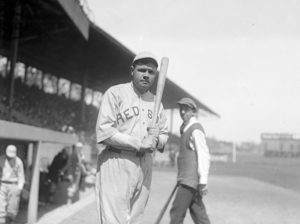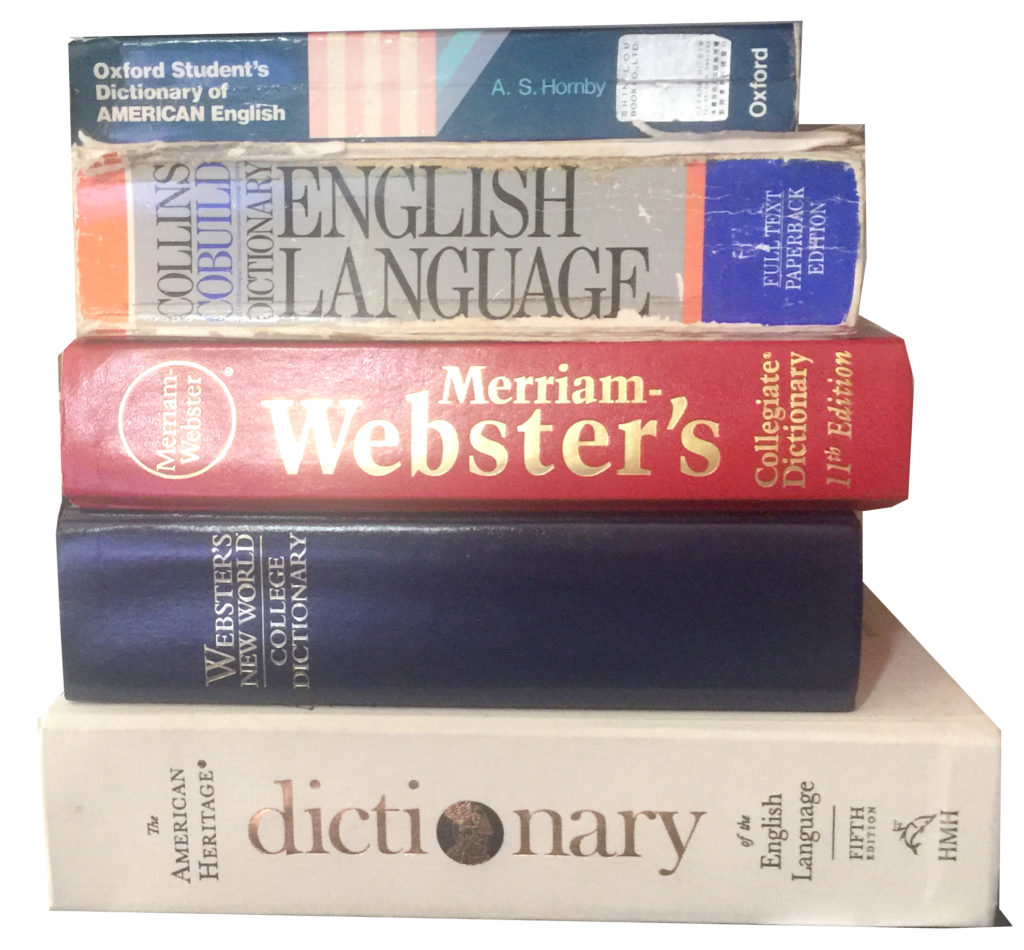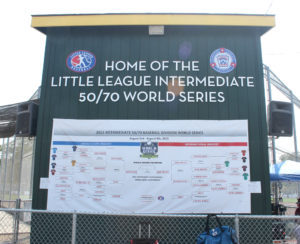From English for Baseball
 |
| Babe Ruth, Boston Red Sox, 1919. |
Idioms come from things we really care about, things like love, family, money, and certainly sports. For American idioms, baseball itself is a winning source of idioms. Check out these colorful and common idioms that come from baseball.
1. ballpark figure, n. phr., an estimate; a number that is not correct, but is acceptable. Also: ballpark estimate.
I can’t give you a price on the work yet, but I can give you a ballpark figure.
The mayor offered a ballpark estimate on how much a new airport would cost.
2. bat around, phrasal verb, to discuss, to debate. This baseball idiom goes back to the late 1800s. It uses the idea of batting balls around a field to mean “a back-and-forth discussion.”
The teachers batted around different plans for the school party.
Our company has been batting around ideas for new products.
3. bat a thousand, v. phr., to have a perfect record. If a baseball player is batting one thousand, he or she is hitting every pitch. This term is now used outside of baseball. Also: batting one thousand.
Joe is batting a thousand on homework; he’s gotten an A on every assignment.
Tom is batting one thousand on getting to work on time.
4. big league(s), n., (1) somewhere where it is hard to compete; (2) the most famous of its kind. This idiom comes from baseball’s major (big) leagues. Often used in the plural: big leagues.
Working for a big company is difficult; you’re in the big leagues now.
The actress knew she was finally in the big leagues when she won an Oscar award.
5. bush league, n., inferior; not professional. Bush here means “minor” (minor league). Also: Bush leaguer (n.), bush-league (adj.).
We looked bush league out on the baseball field today.
My boss made a bad decision; it was a bush-league decision.
6. Charley horse, n., a sudden pain in the leg, often from exercise or sports. This idiom was first used in baseball.
Kim got a Charley horse and had to rest.
If you have a Charley horse, you need to stretch your leg.
7. cover (one’s) bases, v. phr., to do everything possible to prepare. Also: cover all the bases. From baseball, where players cover (guard) bases. Similar: touch all bases.
Kim eats well and exercises. She wants to cover all the bases.
The mayor covered all her bases during the election.
8. down to (one’s) last out, adj. phr., to have only one chance left. This idiom comes from baseball. If a team has two outs, it is down to only one last out. The phrase is used widely outside of baseball.
You’ve already gotten a bad grade on most of your tests; you’re down to your last out in class.
Our company is almost out of money; we’re down to our last out.
9. drop the ball, v. phr., (1) to make a mistake; (2) to fail because you were not ready. This phrase comes from sports such as baseball, where a player drops a ball.
It is very important that you plan the birthday party well; don’t drop the ball.
Kyle asked Sharon to marry him. She really dropped the ball when she said no; he would have been a great husband.
10. early innings, n. phr., in the early stages. The phrase comes from the early part of a baseball game.
School started only two weeks ago. It’s still early innings, so don’t get too worried.
Scientists are researching the problem, but their research is still in the early innings.
Learn more baseball Idioms with English for Baseball. This beautiful Kindle e-book teaches the English that learners need to talk about baseball or enjoy English broadcasts of games. If you love sports, learn English with a favorite world pastime.
Visit us at TargetsInEnglish.com. Find us on Facebook and on Twitter too.
(C) 2016 by Targets in English. All rights reserved.








